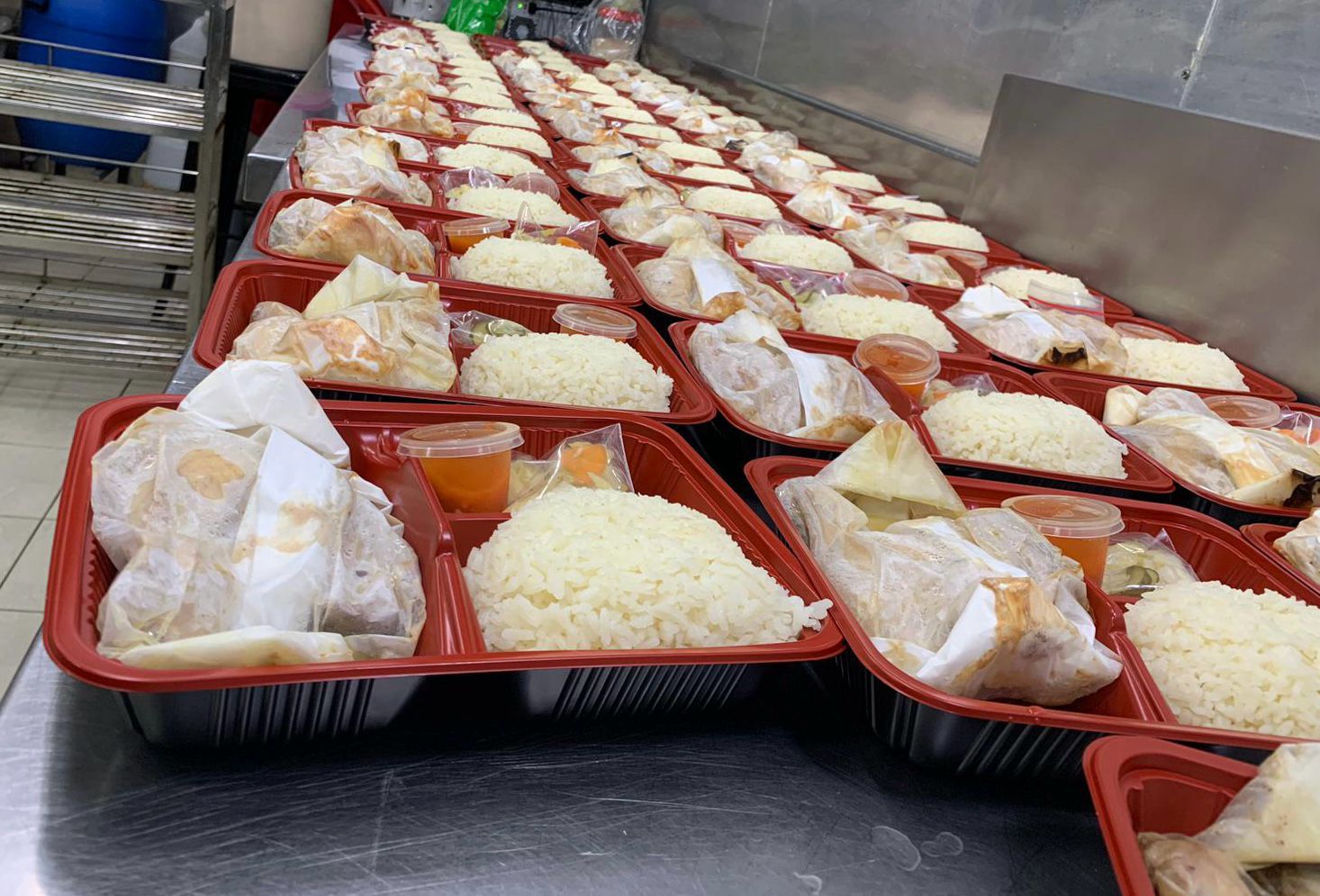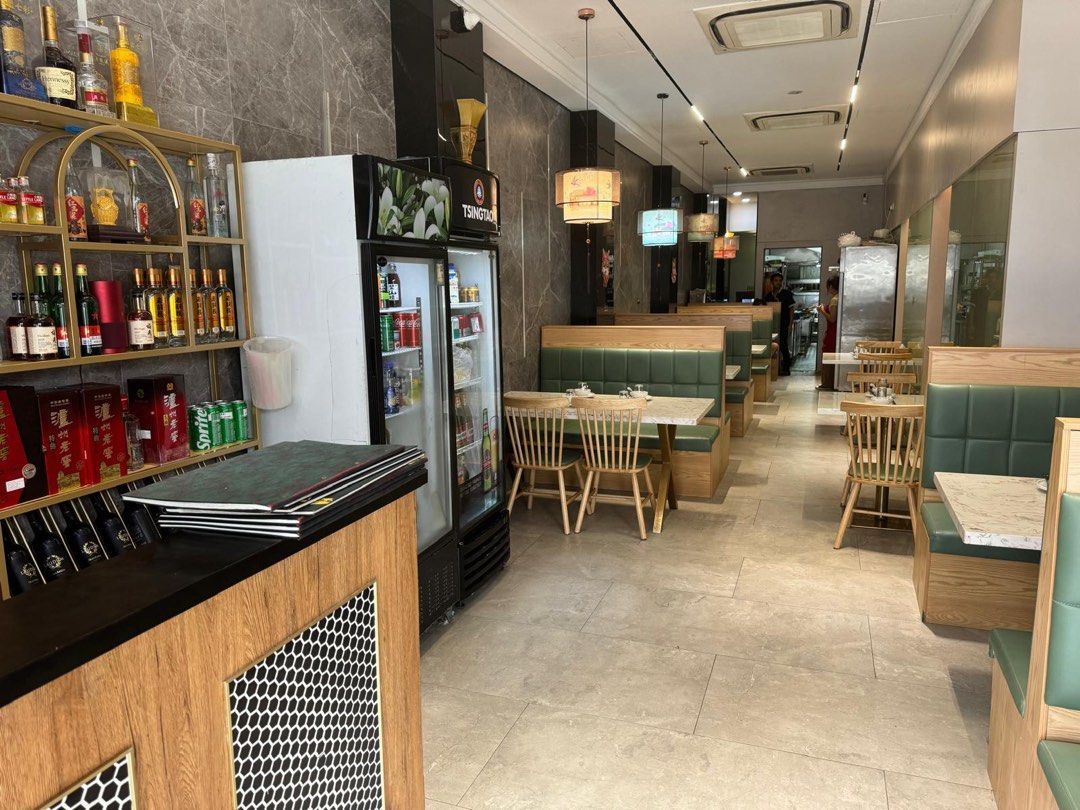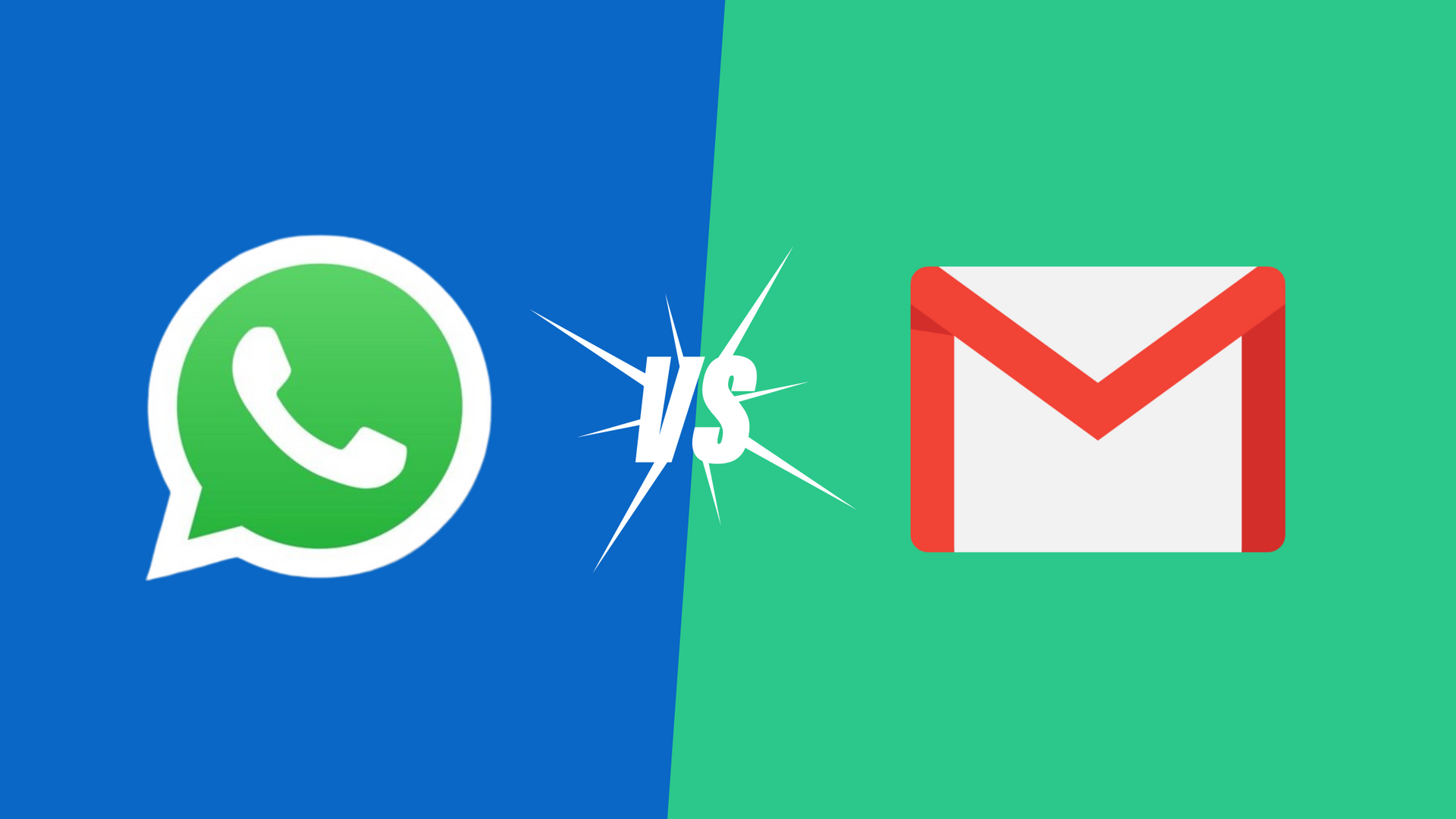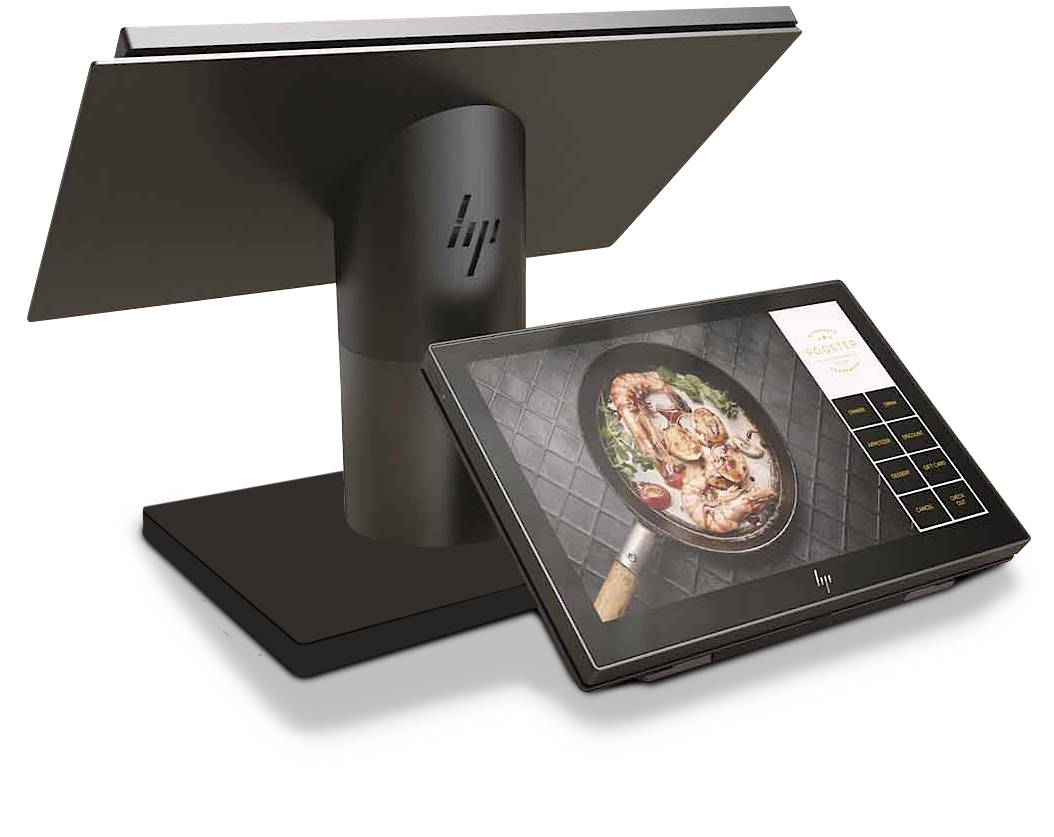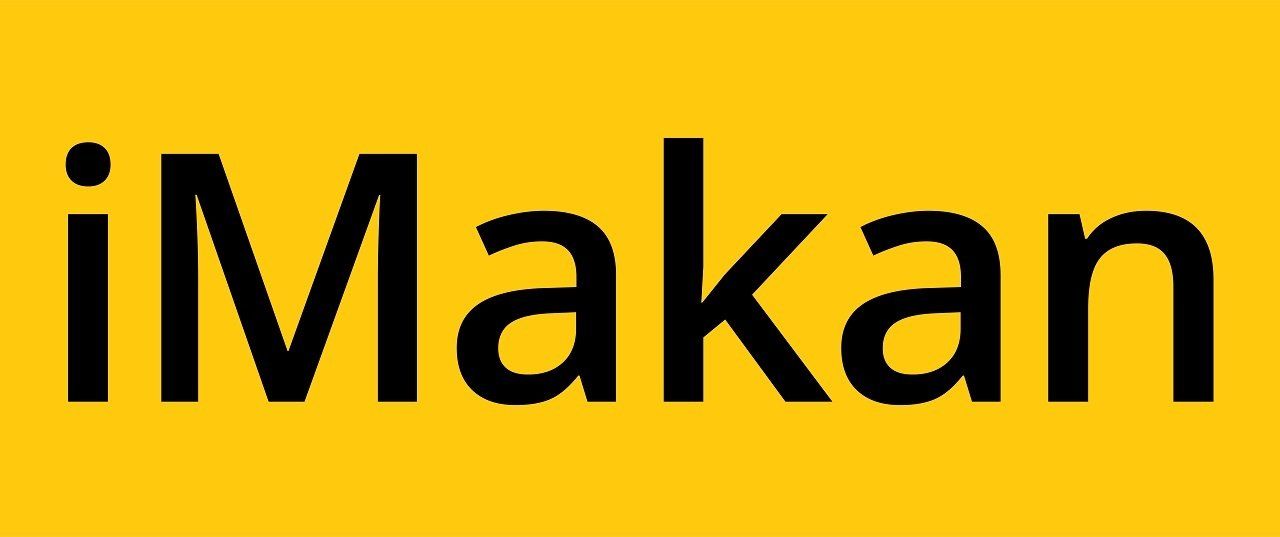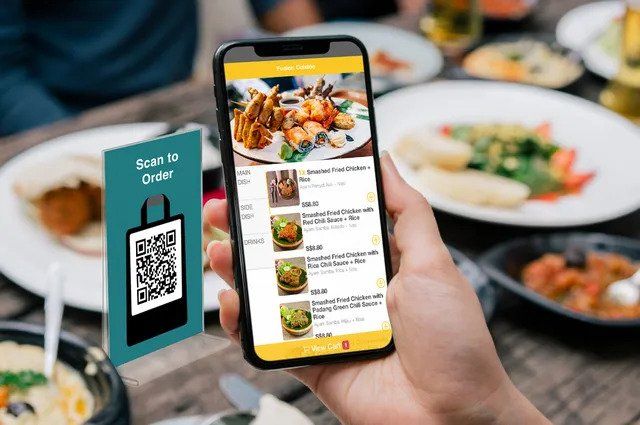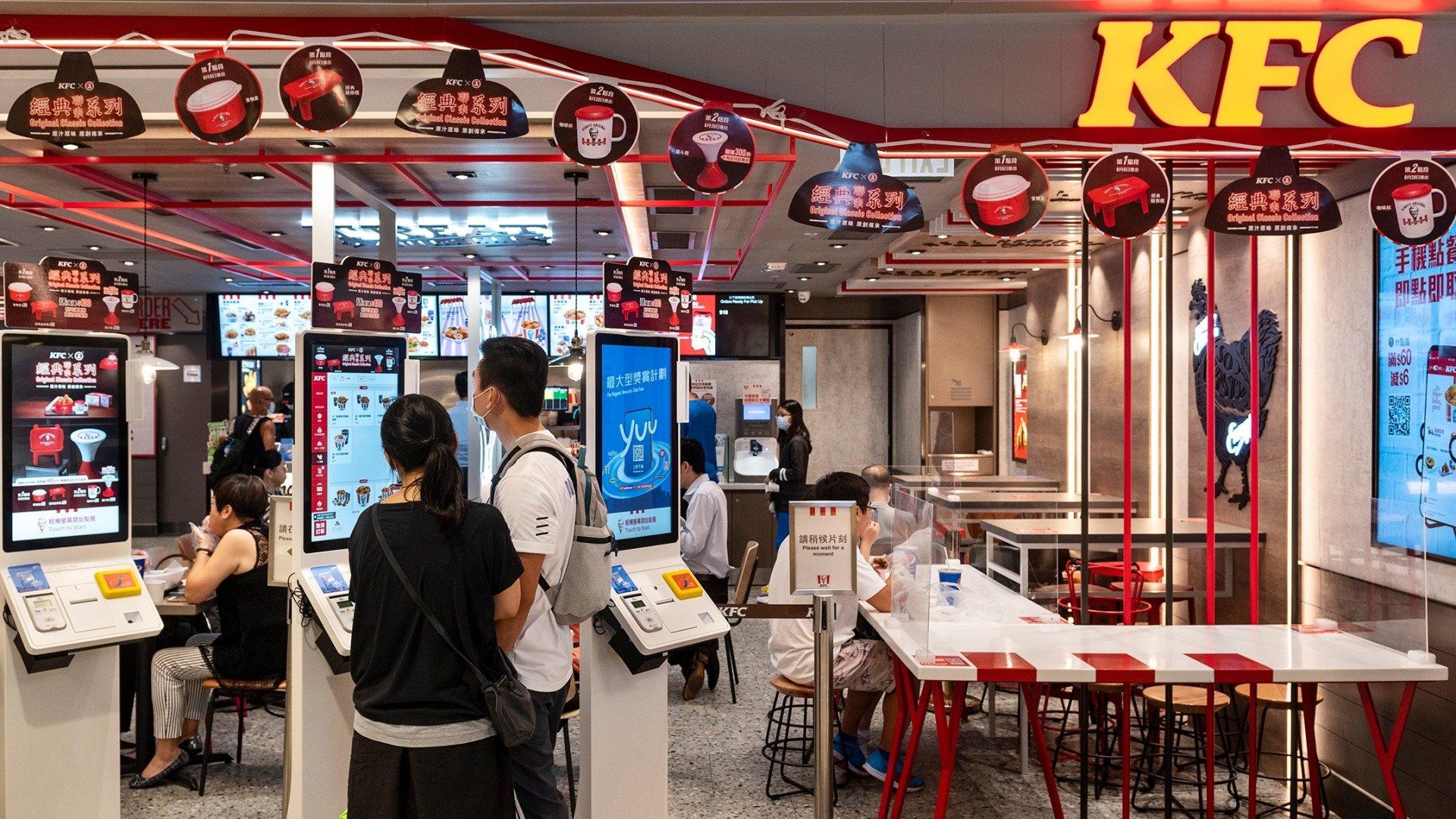
Long-running F&B businesses and fast-rising F&B brands have one thing in common. They keep up with the times and utilize digitalization to bring out their F&B business’s maximum potential.
Traditionally, advertising was done through print, radio or television. Orders are taken by service staff. Kitchen dockets were passed to kitchen staff manually by kitchen staff. However, an increasing number of F&B businesses have started digitalizing these processes and here’s why.
Reduce spending on manpower
An F&B business operation is heavily dependent on manpower. Unfortunately, in Singapore, hiring for F&B positions is tough and expensive. This can be attributed to the long working hours of the F&B industry and high levies on foreign manpower.
To solve this recurring problem, leaders in the F&B industry have transitioned to self-ordering systems. By using digital solutions such as self-ordering kiosks and QR ordering systems, they reduced dependency on heavy manpower by allowing customers to self-order.
By reducing manpower dependency, these F&B businesses have also successfully brought down operational costs. Hence, making it easier to scale by digitalizing their ordering process.
Faster table turnover
A fast table turnover rate is important for F&B businesses that offer dine in. The more customers an F&B business are able to seat during their peak periods directly translates into revenue. Digitalizing your ordering process with QR ordering or self ordering enables you to get orders from your customers before they are seated.
The kitchen can then prepare orders in advance so that food is served once your customers are seated. This highly efficient ordering flow reduces the time taken for customers to browse your menu before placing orders, and quickens service time. Hence, giving your table turnover a boost, which increases your F&B business’s revenue.
Ability to handle high order volumes accurately
More customers is a good sign for every F&B business. However, it also means that you might have to increase your expenditure on manpower to handle the increased order volumes. As mentioned earlier, getting more manpower is costly and difficult. Sounds like a headache, right?
That is not necessarily the case if you have digitalized your ordering flow. By enabling your customers to self order through QR ordering or self ordering kiosks, the increased order volumes will be handled with 100% accuracy, without the need to expand your service crew.
Timely launch of promotions and new dishes
New trends come and go quickly. In order to make the most of these opportunities, new promotions and dishes have to be launched fast. Self ordering solutions have digital menus which can be instantly updated from an online backend portal.
This helps you launch new promotions and dishes on a timely basis, without risking delays in the reprinting of menus, which could result in a missed opportunity.
Increase average bill size
In order to maximise revenue for your F&B business, it is important to get your customers to order more to increase the average bill size.
Busy service staff may miss opportunities to upsell while taking orders. QR ordering and self ordering kiosks will not. You can preset add on suggestions to automatically prompt while your customers are ordering.
This will ensure that upselling opportunities are not missed, and your F&B business’s revenue is safeguarded.
Start your F&B digitalization journey
If you are looking to enjoy the benefits mentioned above, kick off your F&B digitalization journey with the right solution provider. iMakan has a proven track record of satisfied, well known F&B clientele that have benefitted from embarking on their digitalization journey with us.
Drop iMakan your contact information below to schedule a discussion!

